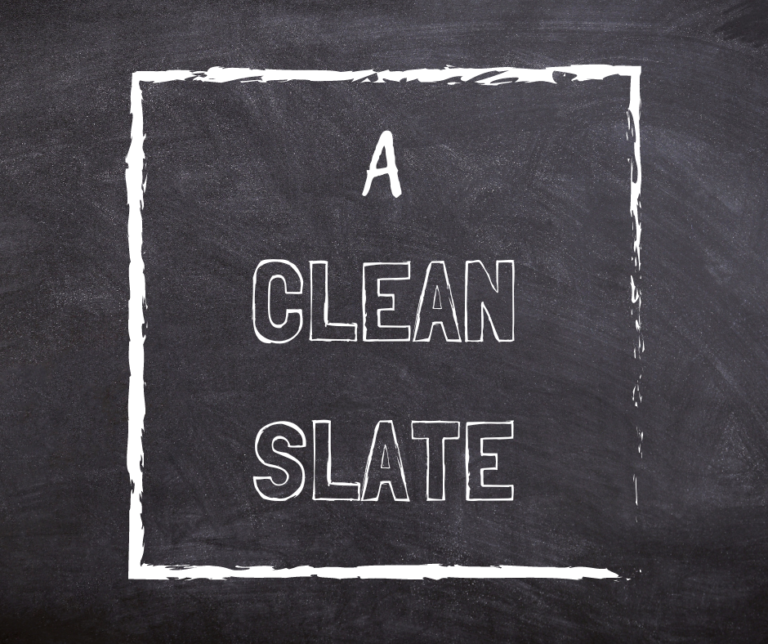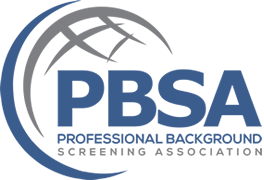When it comes to background checks, credit reports can play an important role in assessing an individual’s financial responsibility and potential risk to an organization. Two types of credit pulls exist: soft and hard pulls. In this post, we’ll discuss the differences between soft and hard credit pulls for employment screening and which one may be the best fit for your organization.
What is a soft credit pull?
A soft credit pull, also known as a soft inquiry, is a type of credit inquiry that does not affect an individual’s credit score. Soft credit pulls can include employment verification, pre-employment screening, and tenant screening. They do not impact or pull the credit score. A soft credit check is typically requested for employment screening, insurance, and tenant screening purposes to show level of risk based on past payment history. For employment screening, they are only recommended for individuals working with an organization’s financial matters.
What is a hard credit pull?
A hard credit pull, also known as a hard inquiry, is a type of credit inquiry that does affect an individual’s credit score. Hard credit pulls are typically used when an individual applies for a new loan, credit card, or other credit product. Organizations may use hard credit pulls to check an individual’s credit history for evidence of financial responsibility, but they must obtain the individual’s written permission to do so. These pulls are used because they provide the potential creditor with your credit score.
Differences between soft and hard credit pulls
The primary difference between soft and hard credit pulls is their impact on an individual’s credit score. Soft credit pulls have no impact on an individual’s credit score, while hard credit pulls can lower an individual’s credit score by a few points. In addition, soft credit pulls are not visible to other creditors, while hard credit pulls remain on an individual’s credit report for up to two years.
Benefits of soft credit pulls
There are several benefits to using soft credit pulls for employment screening purposes. For one, soft credit pulls do not affect an individual’s credit score, making them less invasive than hard credit pulls. Soft credit pulls are also less likely to raise red flags with candidates, which can improve the hiring process by promoting transparency and trust.
Benefits of hard credit pulls
While hard credit pulls can lower an individual’s credit score, they provide more detailed information about an individual’s financial history. Employers may use hard credit pulls to evaluate an individual’s overall financial responsibility, including their payment history, credit utilization, and outstanding debts. This information can be valuable when assessing risk for a loan.
Conclusion
When it comes to choosing between soft and hard credit pulls for employment screening purposes, it’s important to consider the pros and cons of each option. Soft credit pulls are less invasive and may be more appropriate for certain situations, while hard credit pulls provide more detailed information about an individual’s financial history. Ultimately, the decision of which type of credit pull to use will depend on the specific needs of your organization.
If you’re looking for a reliable and compliant background screening partner for your business or non-profit organization, look no further than CoreScreening. Our team of experts can help you navigate the complex world of employment screening and provide you with the information you need to make informed hiring decisions. Contact us today to learn more.




